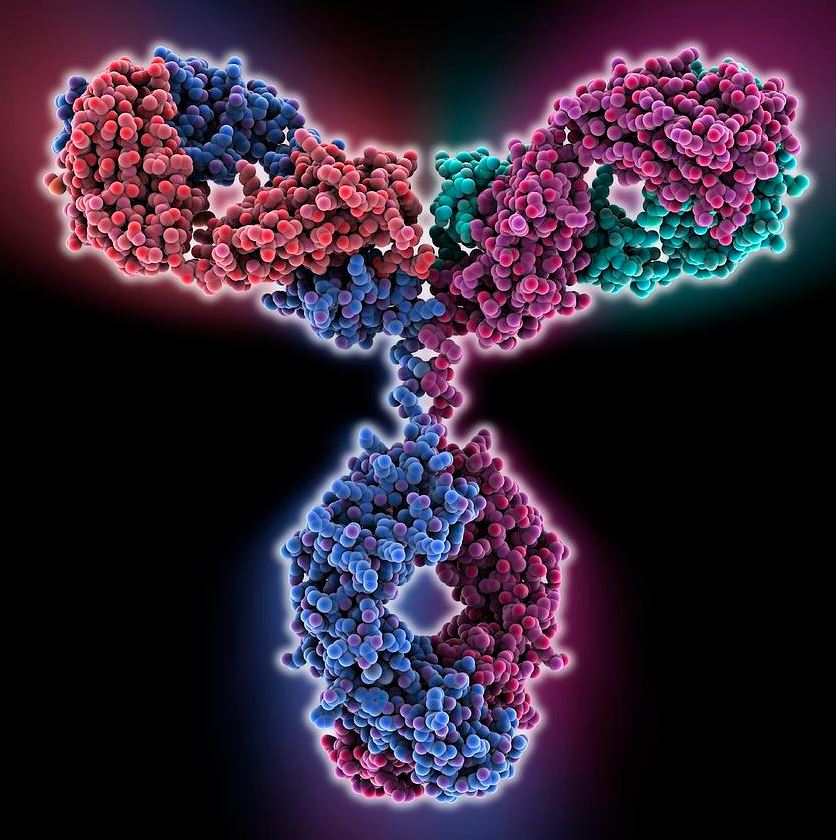Carbon is an extraordinary molecule for life, primarily due to its unique chemical properties and versatility. Here’s an overview of why carbon is central to life:
1. Tetravalency
Carbon has four valence electrons, allowing it to form up to four covalent bonds with other atoms. This makes it incredibly versatile, capable of bonding with hydrogen, oxygen, nitrogen, phosphorus, sulfur, and other carbon atoms.
2. Formation of Complex Molecules
Carbon’s ability to bond with itself leads to the creation of long chains, branched structures, and rings. These form the backbone of the complex macromolecules essential for life, such as carbohydrates, lipids, proteins, and nucleic acids (DNA and RNA).
3. Chemical Stability
Carbon-carbon bonds are strong but not unbreakable, which makes them stable enough to form the foundation of molecules but reactive enough to participate in life’s biochemical processes.
4. Diversity of Functional Groups
Carbon’s structure allows it to bond with a variety of functional groups—such as hydroxyl (-OH), carboxyl (-COOH), and amino (-NH₂)—that give rise to diverse chemical properties and functions, enabling life’s complexity.
5. Energy Storage and Release
Carbon is a central component of molecules like glucose, fats, and hydrocarbons, which store energy. These molecules release energy when broken down, fueling life’s processes.
6. Lightweight and Abundant
Carbon is lightweight, making it ideal for forming large, complex biomolecules without making organisms too heavy. Additionally, it is one of the most abundant elements in the universe, ensuring its availability for life to thrive.
7. Basis for Organic Chemistry
Organic chemistry revolves around carbon compounds. Its versatility makes it the backbone of life’s chemistry, allowing the formation of an immense variety of molecules.
8. Adaptability in Environmental Conditions
Carbon compounds are stable across a wide range of temperatures and pressures, making life adaptable to diverse environments, from deep-sea hydrothermal vents to dry deserts.
9. Role in Earth’s Systems
Carbon participates in the carbon cycle, connecting living organisms, the atmosphere, oceans, and soil. This cycle regulates global climate and ensures the continuous availability of carbon for biological processes.
10. Evolution of Life
Carbon’s ability to form diverse and stable molecules likely played a key role in the origin of life. Its compounds can self-assemble, forming the precursors of biological macromolecules.
